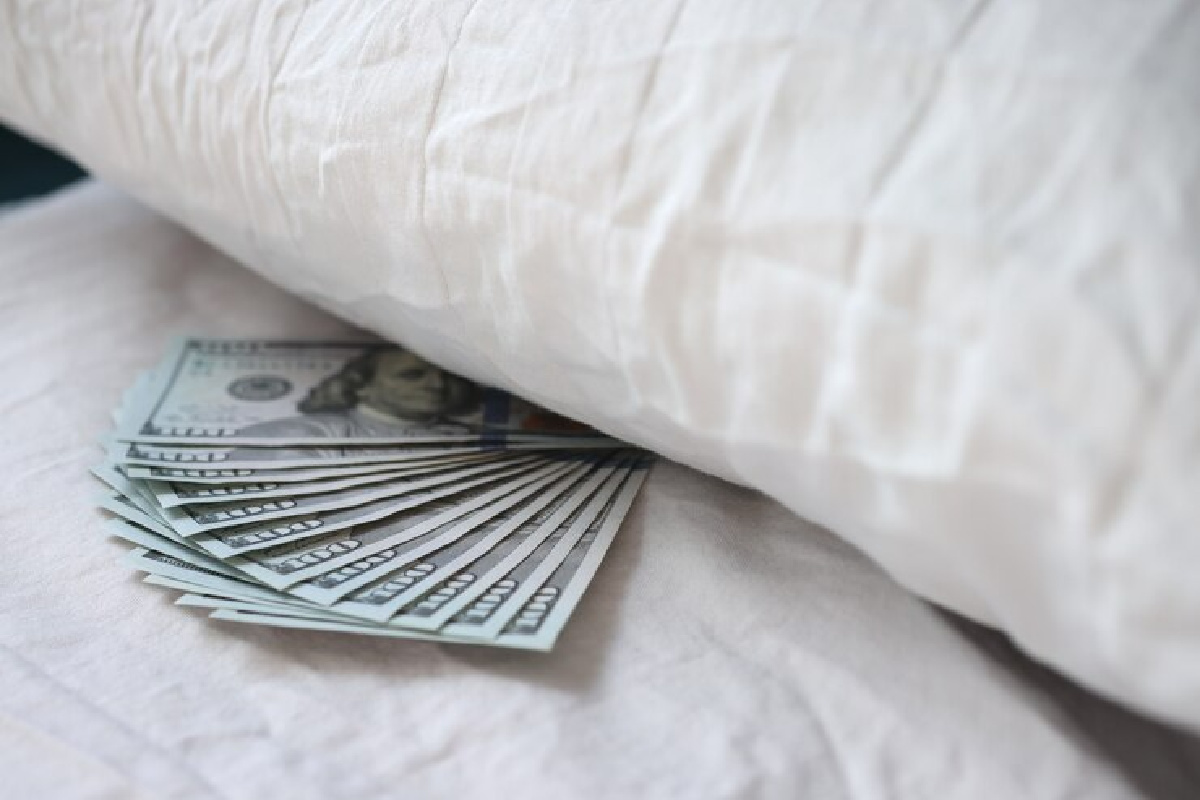When someone is struggling with credit card debt or personal loans, one of their best options is to seek advice from an experienced bankruptcy attorney. Bankruptcy can provide debtors with an opportunity to eliminate their debt, get a fresh financial start and still allow them to rebuild their credit. One of the most frequently asked questions from our clients when they are contemplating filing for bankruptcy is “can I keep a credit card when I file for bankruptcy?” In other words, debtors want to know if they must include all their debt when filing for bankruptcy. Excluding debt from one’s petition when filing for bankruptcy is not an option when filing for either Chapter 7 or Chapter 13 bankruptcy. Even if an account was not included in a bankruptcy petition, the creditor will most likely be informed of the filing anyway by the credit agencies and close the subject’s account. Since credit card companies regularly screen their customers’ credit, an unlisted account without a balance will likely be closed as well, due to the fact that filing for bankruptcy is a violation of the cardholder agreement. Furthermore, a debtor agrees to a contract when opening a revolving credit card account, and a debtor’s contracts are automatically voided by their bankruptcy filing. However, ultimately, it is up to the individual credit card company whether to close an account.
The Bankruptcy Code Requires Disclosure
Section 521 of the Bankruptcy Code requires that the Debtor disclose (1) a list of their creditors and (2) a schedule of assets and liabilities. If a debtor does not provide such a schedule within 45 days of filing, the case will be automatically dismissed. Furthermore, local bankruptcy rules require that debtors verify their list of creditors by filing “Verification of Mailing Matrix/List of Creditors.” Even if there is no active balance on an account, the company is still providing credit to the debtor and hence should be listed. Finally, the debtor will typically be asked by the bankruptcy trustee assigned to their case, under oath, whether they have listed all their creditors in their bankruptcy schedules at their 341(a) meeting of creditors.
Avoiding Preferences
The fact that a bank may allow a debtor to keep a credit card without a balance does not mean that they should consider paying off a credit card balance before filing for bankruptcy. When filing a bankruptcy petition and related schedules, a debtor must disclose in their Statement of Financial Affairs whether they have paid any creditor $600 or more during the period of 90 days prior to the filing of their petition. In addition, at the debtor’s 341(a) meeting with the trustee, a debtor may also be asked about payments made to creditors prior to filing for bankruptcy. The bankruptcy trustee can avoid any payments made by a debtor within 90 days of the filing of a bankruptcy petition that are considered to be a preference. The goal of the bankruptcy law is to provide a level playing field for all creditors. Accordingly, a debtor should not prefer one creditor over another when filing for bankruptcy. If a debtor pays off a credit card balance shortly before filing for bankruptcy, the trustee may pursue that payment to the creditor as an improper preference and then redistribute the monies to other creditors in the case. As a result, the debtor loses the account they paid off and the money they used to pay off the credit card. However, in general, the trustee will only pursue funds from a preference when there will be a meaningful benefit to the bankruptcy estate.
Getting A New Credit Card After Bankruptcy
Rather than attempt to keep a credit card account with a balance by paying off the balance prior to filing, a debtor may be better off applying for a new account once their bankruptcy case is closed or simply waiting for pre-approved credit card offers post-bankruptcy. While it used to be challenging to obtain new a credit card after a bankruptcy discharge, that has changed. Many credit card companies market heavily to consumers who have recently completed the bankruptcy process. It is not uncommon for consumers to become inundated with credit card “pre-approval” offers shortly after obtaining a bankruptcy discharge. Such credit cards typically have high interest rates and low limits, but for the purpose of using a credit card post-bankruptcy, debtors should not run a monthly balance on them. These credit cards should be used for convenience purposes and to rebuild credit. To do this effectively, a debtor will want to pay their credit card bill in full every month, thus making the interest rate on the card irrelevant. In addition, timely payments to the credit companies will be reported to credit bureaus which help improve the consumer’s credit score and enable them to obtain higher credit limits.
In sum, in order to make the most out of the fresh start that bankruptcy provides, a debtor should list all their credit accounts in their bankruptcy petition. The fear of not having a credit card after a bankruptcy discharge is not worth worrying about, especially with all the other benefits the bankruptcy provides to struggling debtors.
Contact The Law Offices of David I. Pankin, P.C.
At the Law Offices of David I. Pankin, P.C., we have over 25 years of helping debtors obtain a fresh start and guiding them to rebuild their credit, post-bankruptcy. To schedule a free consultation or with any questions, you can contact our offices at (888) 529-9600 or by using our easy online contact form.






